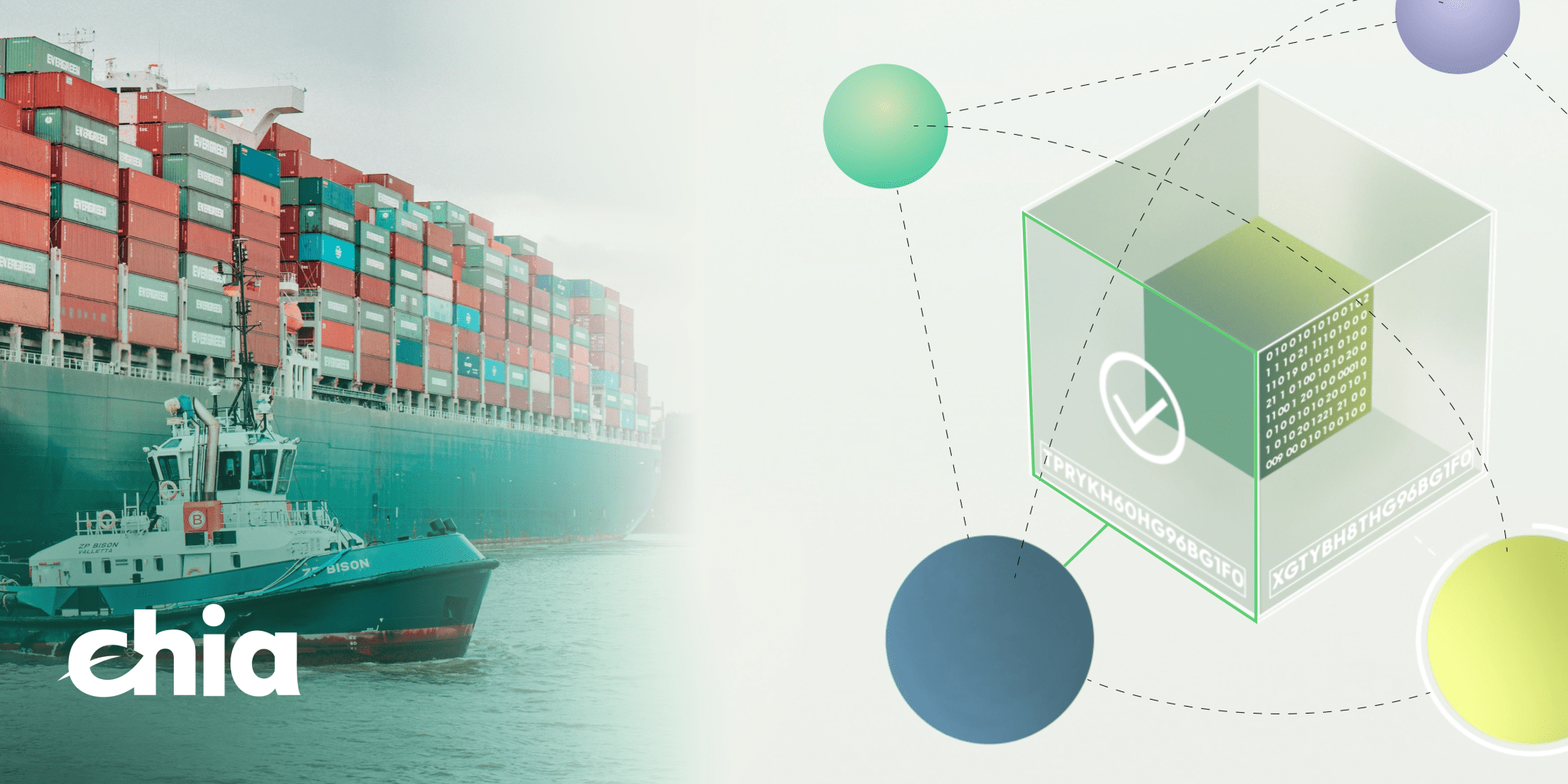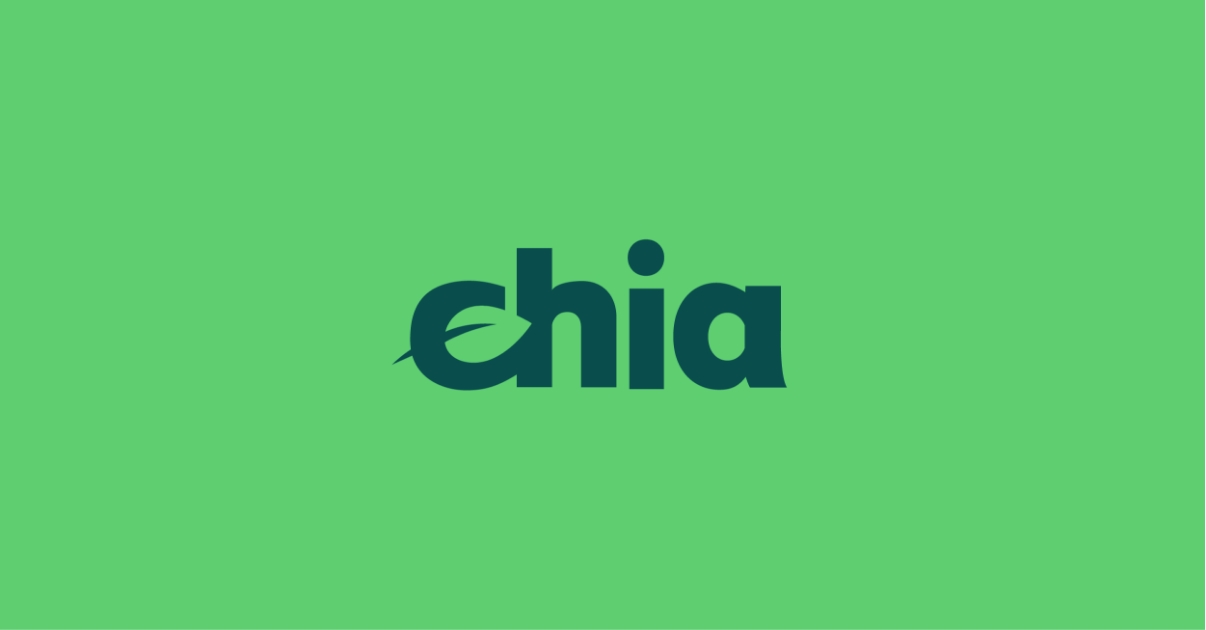Business runs on data often recorded, shared, and stored on paper and in databases owned, operated, and typically fragmented across multiple parties. Should businesses and organizations be so quick to trust the data they’re using? Or, perhaps phrased differently: how can we build and maintain trust in our data? This may seem a Lernaean challenge with the many variables (and parties) touching, amending, and auditing the data, and we’ve a Herculean answer.
We now have the technology and the tools to layer permissioning and identity on top of the immutability and transparency of our public blockchain. No longer do organizations have to rely on fallible methods like spreadsheets or a single entity running and maintaining a database – Chia DataLayer™ enables a foundation of trust, offering control over data access and serving as the mechanism to hold parties accountable for their data.
The last few years have seen blockchain sprinkled on every problem under the sun, but don’t simply take our word for it. Below, find a few proposed and deployed use cases and see if DataLayer’s auditability, security and flexibility makes sense for you.
The Fundamental Need For Transparency and Accountability in Supply Chain Management
Supply chains are complex and, as we’ve seen in the not-too-distant past, relatively fragile. Their operations depend on each party’s ability to trust the integrity of the available data to make informed business decisions, often in real time. Combine the complexity of the supply chain with the unique data challenges organizations face: managing inventory, coordinating with suppliers, and customs and regulatory requirements, all while maintaining manual, tedious processes subject to loss, delay, and error.
Applying Chia DataLayer – Supply Chain
Chia DataLayer technology allows you to track and record a product’s journey through the supply chain via a shared ledger that creates an immutable record of its lifecycle.
With permissioned access to data, we can provide substantially more control over paper-based documentation – sharing precisely what is needed, when it’s needed, and nothing more. Additionally, real-time documentation allows for assessing a specific shipment’s regulatory compliance before arrival to avoid potentially costly delays.
We can facilitate the real-time sharing of verified trade documentation between trusted partners. These digital records allow partners to identify immediate opportunities to improve trades and avoid or mitigate potential risks.
The Promise Of Permissioned Healthcare Data Access
Medical records’ sensitive, confidential nature requires the utmost protection, and yet the traditional system of maintaining paper records or centralized digital records remains inefficient, fallible, and prone to data breaches.
What if we could transform the management and sharing of medical records harnessing blockchain? What if we could provide a permissioned, compliant, secure, auditable, and efficient infrastructure?
Applying Chia DataLayer – Healthcare
Leveraging DataLayer, patients are granted complete control over their data. They can issue permission to healthcare providers to access their records and revoke that access at any time, ensuring their privacy is respected and that their private information is not shared without their consent. This technology can also streamline the information-sharing process between different authorized healthcare providers, allowing instantaneous access to a patient’s records, regardless of their location or system type.
The Climate Action Data Trust, deployed on Chia DataLayer
The CAD Trust provides quality and high-integrity foundational infrastructure for carbon markets. It is one of the first technical implementations of Article 6 of the Paris Agreement. This system allows the private sector, NGOs, and governments to view a single portal and identify what is happening, where, and how often units are issued, while simultaneously avoiding double counting.
The CAD Trust seeks to foster transparency and efficiency to the voluntary carbon market and increase funding to impactful projects, supporting the environment and local communities worldwide.
Whether managing inventory and trade receipts, overseeing medical records, or nation-states using the Voluntary Carbon Markets, Chia DataLayer brings transparency, provability, and integrity to your data.
Should a company trust the data they’re transacting on? That depends on their willingness to trust outmoded technology and appetite for risk. To our second and more relevant question, what can you do today to build and maintain trust in your data?






